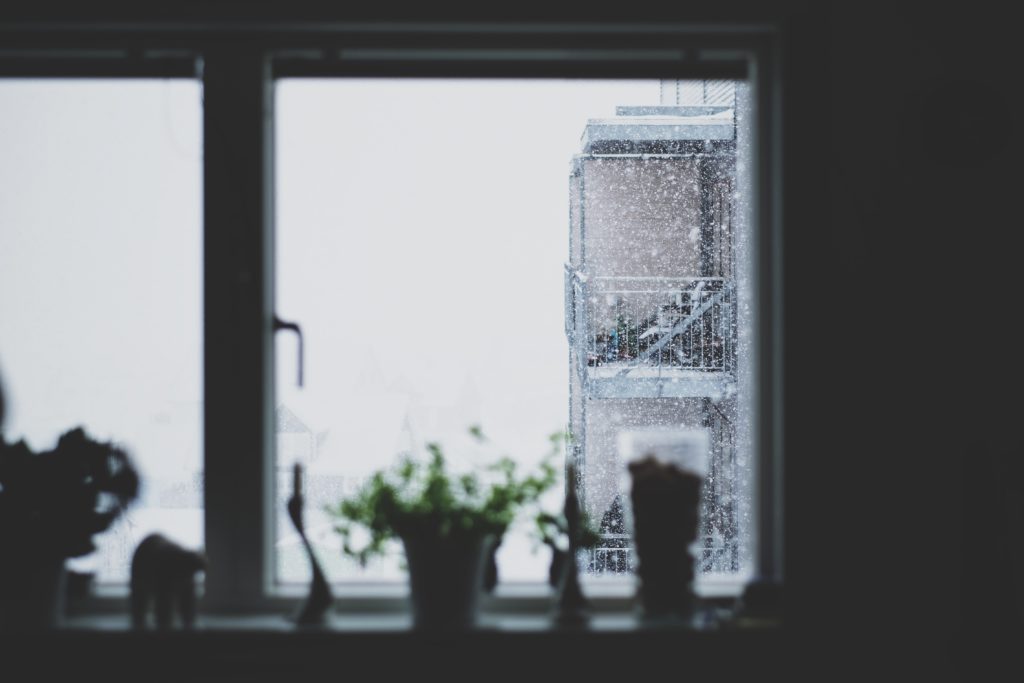Recently, the news has been showing us how sexism can embed itself in any area of society. From politics to Hollywood, no one is exempt. And with sexual harassment allegations affecting people like Donald Trump and Harvey Weinstein, it is clear that powerful men are often the culprit. But men don’t have to be rich and famous to be powerful. Associate Attorney General Rachel Brand is bringing light to the all too common, and often hidden, issue of sexual harassment in housing.

According to Brand, it is common for women to experience sexual harassment and abuse from landlords, property managers, housing authority employees, and other housing staff. There have been many recent incidents of sexual harassment and assault in housing that are coming to light now. For example, a landlord groped female tenants, a housing authority employee exposed himself to the women whose housing he oversaw, and a landlord entered tenants’ homes without warning to sexually harass them. And while sexual harassment and abuse in housing is illegal, many women don’t know this and therefore don’t report it. Unlike sexual harassment in the workplace, an issue that is gaining more and more attention which in turn is empowering women to speak up about it, sexual harassment in housing is much quieter. Many people don’t know that this behavior is illegal under the Fair Housing Act. The Department of Justice (DOJ) has decided to do something about this.

Earlier this month, the civil rights division of the DOJ launched an initiative with the intention of encouraging women to report harassment and abuse from housing workers. The division created a pipeline that brings local law enforcement together with Justice Department officials. The pilot program is just in Washington D.C. and western Virginia so far, but the department plans to expand the program to other states soon. Brand, the No. 3 at the DOJ, stated that the “civil rights division realized that this was a problem that’s underappreciated in the public” and they wanted to “make sure that women know their rights and that they have somewhere to go if it’s happening to them.” Now, the DOJ website has a place for women to report sexual harassment or abuse, rather than only being able to go through local law enforcement. The initiative also hopes to educate women–and men–about the illegality of sexual harassment and abuse in housing. The Fair Housing Act also has a provision against retaliation, which makes sure that women cannot be retaliated against for coming forward about a sexual harassment or abuse allegation. According to Brand, one of the biggest issues with sexual harassment and abuse in housing is that most people don’t know about the Fair Housing Act. She hopes that this program will not only make it easier for women to report instances of sexual harassment and abuse in housing, but also increase awareness around this issue and around the ways that women can come forward. In short, Brand says, “we don’t want people to think that they have to choose between a place to sleep and being sexually harassed”. And hopefully this DOJ initiative will prevent just that.

